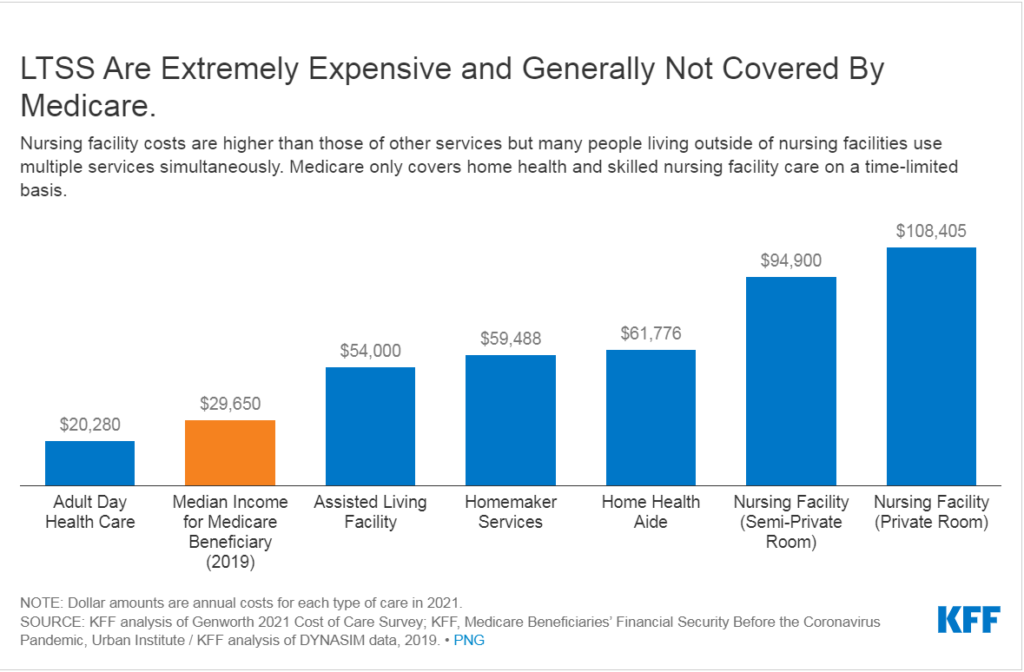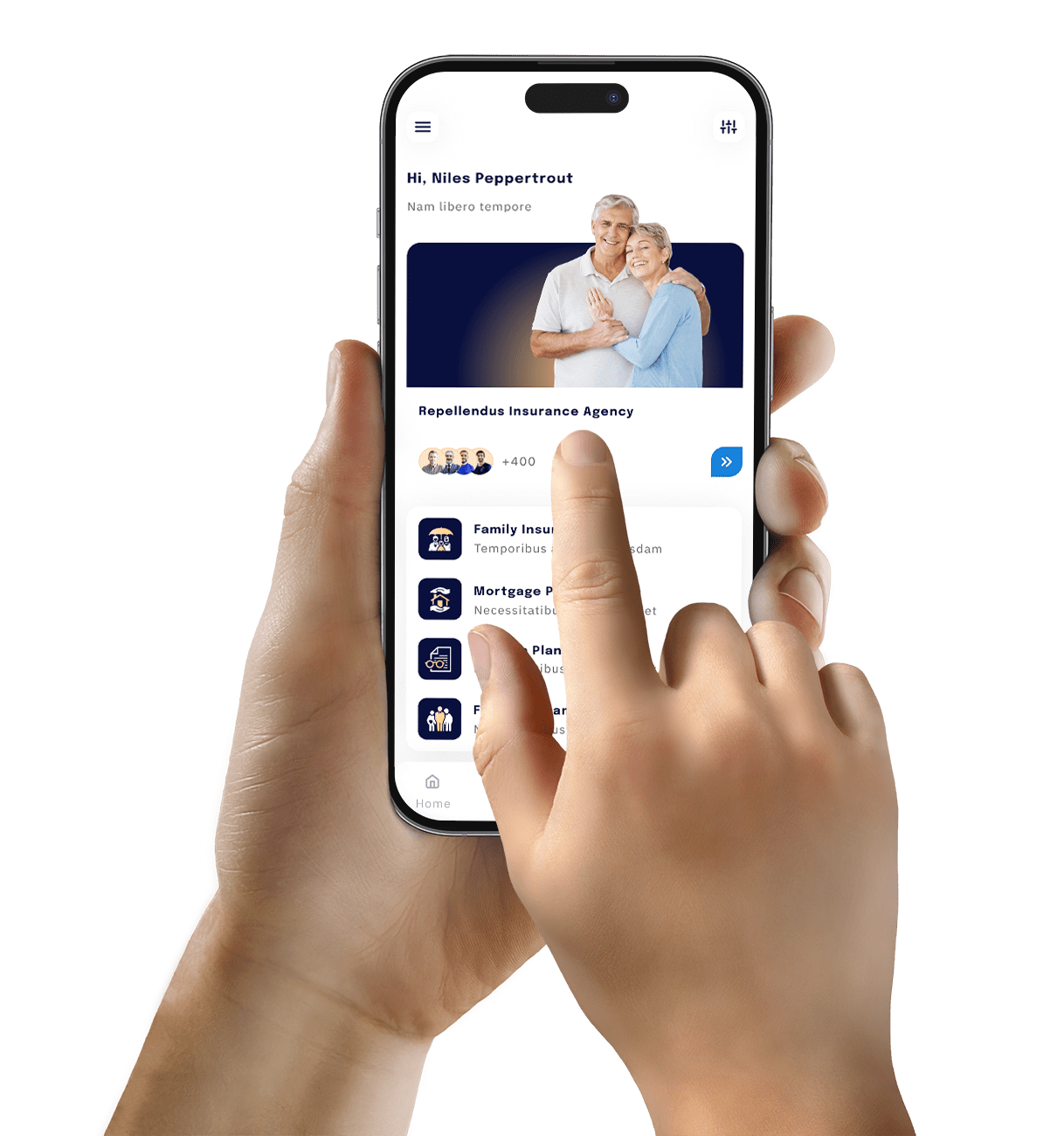Business Owner
Overhead Disability Insurance
Business Overhead Expense (BOE) insurance is vital for businesses, especially small ones, as it covers essential operational costs when an owner or key employee becomes disabled. It ensures that rent, utilities, salaries, and other critical expenses continue to be paid, safeguarding the business from financial strain during such periods. BOE insurance maintains business continuity, employee retention, and client confidence, preventing potential long-term disruptions that could arise from unexpected disabilities.


Group Health
Group health benefits refer to health insurance coverage provided by employers to their employees as part of a group plan. These benefits are designed to offer comprehensive medical coverage to a group of individuals, typically employees and their dependents. Group health benefits often include a range of services such as hospitalization, outpatient care, prescription drugs, preventive care, and specialist consultations.
One of the key advantages of group health benefits is that they provide coverage to a large number of individuals at a reduced cost compared to individual plans. The risk is spread across the group, resulting in lower premiums for employees. Additionally, group health benefits are often more accessible, as pre-existing conditions may not be a barrier to obtaining coverage.
Employers may offer different types of group health plans, such as health maintenance organizations (HMOs), preferred provider organizations (PPOs), or high-deductible health plans (HDHPs) with health savings accounts (HSAs). These plans offer flexibility in terms of provider networks, cost-sharing arrangements, and out-of-pocket expenses.
Overall, group health benefits are a valuable component of an employee’s compensation package, providing financial protection and access to necessary medical care for both employees and their families.
Group life insurance
Group life insurance is a type of life insurance coverage provided by employers to their employees. It offers a death benefit to the beneficiary in the event of the employee’s death, providing financial protection and peace of mind to the employee’s loved ones.


Ancillary Group
Ancillary group benefits refer to additional insurance coverage offered alongside traditional health insurance plans. These benefits may include dental, vision, disability, and life insurance. They provide employees with comprehensive coverage, addressing specific healthcare needs beyond the scope of basic health insurance.
Customized retirement
Customized retirement plans for business owners are tailored retirement savings strategies designed to meet the unique needs and goals of business owners. These plans offer flexibility, allowing owners to maximize their retirement savings while optimizing tax advantages. Business owners can choose from various options such as Simplified Employee Pension (SEP) plans, Solo 401(k) plans, or defined benefit plans. These plans enable business owners to contribute higher amounts compared to traditional retirement plans, potentially accelerating their retirement savings. Additionally, customized retirement plans can be structured to integrate with the business’s overall financial strategy, ensuring a smooth transition and financial security during the retirement years.

Simplified Employee Pension (SEP) IRA
A SEP IRA is a retirement plan that allows business owners to make tax-deductible contributions to their own retirement accounts and their employees' accounts. It offers high contribution limits and flexibility.
Solo 401(k)
The Solo 401(k) plan is designed for self-employed individuals or business owners with no employees, except for their spouse. It allows for higher contribution limits than a SEP IRA and offers both pre-tax and after-tax contribution options.
SIMPLE IRA
The Savings Incentive Match Plan for Employees (SIMPLE) IRA is suitable for small businesses with fewer than 100 employees. It requires employers to make contributions on behalf of employees and offers lower contribution limits compared to other plans.
Individual Retirement Account (IRA)
Traditional and Roth IRAs are options for business owners without employees or with a small number of employees. Contributions are made on an individual basis and offer tax advantages, with different rules for tax deductions and withdrawals.
Defined Benefit Plan
A Defined Benefit Plan is a traditional pension plan that guarantees a specific benefit amount at retirement based on factors like salary and years of service. It is suited for business owners with high income who want to contribute larger amounts towards retirement. It is important for business owners to carefully consider their unique circumstances, consult with financial advisors, and choose the retirement plan that aligns with their goals and objectives.


